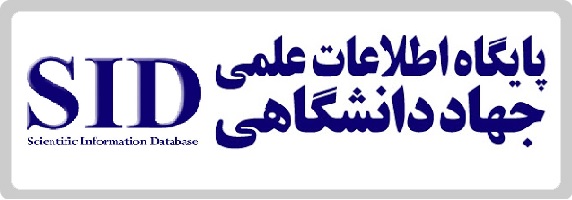The Explanation of Avicenna’ Reasons in Attributing Truth and Falsehood to the Person Who Utters a Proposition
Keywords:
Keywords: Avicennian logic, actual proposition, potential proposition, Truth, the problem of circularityAbstract
One of the ways in which Avicennian logic is different from the other logical systems, is in the definition of propositions. In Avicennian logic, a proposition is a speech which we can truly say the speaker is true or false in what she has said. But in other logical systems, truth and falsehood are properties of propositions themselves. In the present article, we attempt to present a new explanation of this feature of Avicennian logic to determine its superiority over other logical systems. According to this explanation, Avicenna’s reasons for the definition are (i) he sought to provide a criterion for identifying propositions to avoid the problem of circularity in defining the propositions; and (ii)Since Avicenna considers not the potential proposition but the actual proposition as the primary bearer of truth, he attributes truth and falsehood to the speaker of the actual proposition, i.e., the person who utters the sentence.





